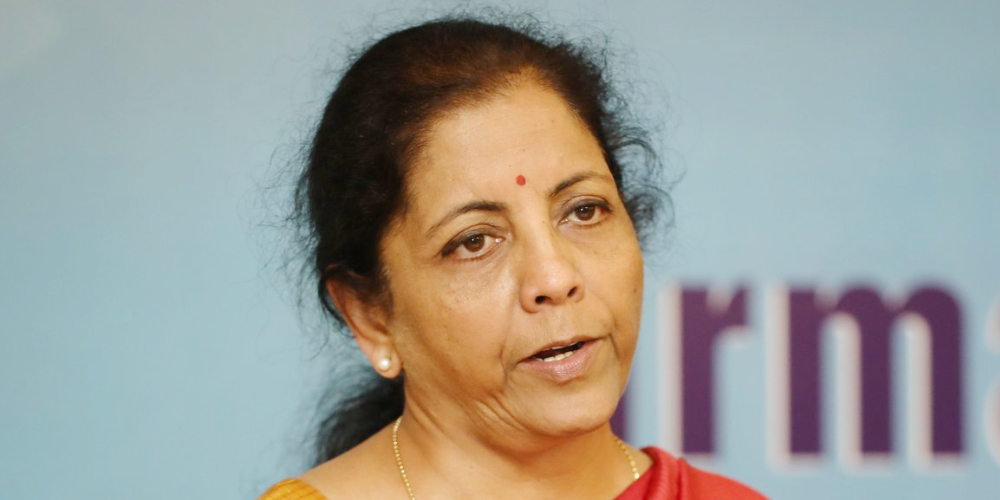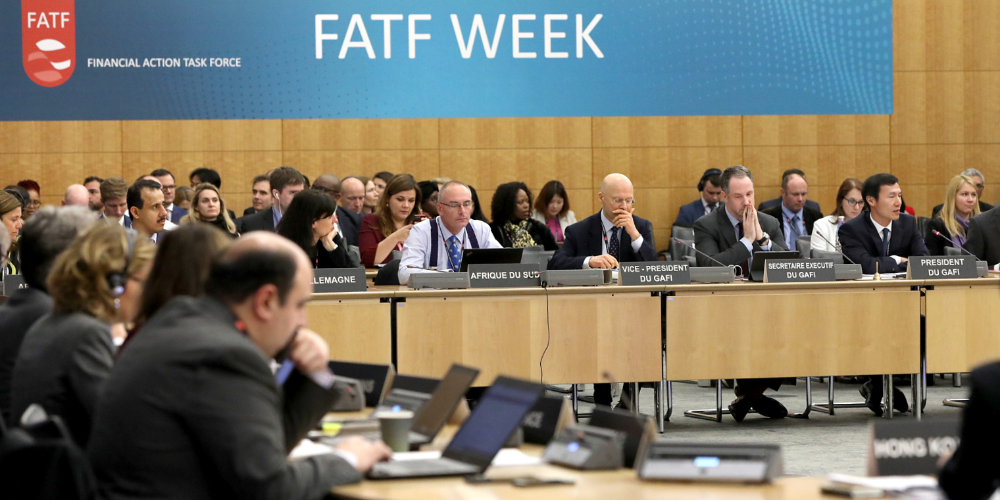Regulatory Roundup: French Court Considers Bitcoin Money, Cryptocurrencies Legitimized in South Korea, Australia, India

The cryptocurrency sector worldwide saw several historic regulatory events last week. In this roundup, we cover a landmark bitcoin ruling by a French court, South Korea’s first crypto bill, an Australian court’s ruling, Germany’s announcement, and a recent FATF meeting where more than 800 delegates discussed crypto regulations. In addition, after almost two years, the Indian supreme court has quashed the RBI ban on crypto businesses.
Also read: SEC Karate-Chops Steven Seagal Over Promoting Cryptocurrency Touted as the Next Gen Bitcoin
French Court Rules Bitcoin Is Like Money
France’s Nanterre Commercial Court has classified a bitcoin loan as a consumer loan. Local media reported last week that the court ruled on Feb. 26:
Bitcoin is a fungible and consumable intangible asset in the same way as legal tender.
The case involved a 1,000 BTC loan which crypto financial advisory firm Bitspread took out in 2014 from bitcoin exchange Paymium. During the loan term, a bitcoin hard fork occurred and Bitspread received bitcoin cash (BCH) on the borrowed BTC. The company repaid the loan in October 2017 but kept the bitcoin cash. The court rejected Paymium’s request to obtain the BCH in question.

Aramis counsel David Roche explained that by classifying a bitcoin loan as a consumer loan, the borrower is obliged to repay the same quality and quantity. The borrower therefore bears the risks and reaps the benefits from the loan. This rule applies to cryptocurrencies, the counsel continued, emphasizing: “The borrower can collect the fruits of bitcoin. He fulfills his obligation when he returns bitcoin without necessarily handing over bitcoin cash.”
South Korea Passes Bill to Regulate Cryptocurrency
Last week, South Korea made a regulatory breakthrough for cryptocurrency when its National Assembly finally passed a bill after about two years of deliberation. It provides a framework for the regulation of cryptocurrencies and exchanges. Previously, there were only guidelines but never a law, and cryptocurrencies were neither banned nor regulated.
Under the new law, crypto service providers will be required to use the real-name verification system and comply with reporting requirements in line with the global cryptocurrency standards set by the Financial Action Task Force (FATF).

Australian Court Recognizes Cryptocurrency
The Australian District Court of New South Wales has allowed a cryptocurrency exchange account to be used as collateral for legal costs. The court was asked to order the plaintiff to put 20,000 Australian dollars into a court-controlled bank account to cover some of the defendant’s legal costs, should the plaintiff lose or withdraw the case. While acknowledging the volatility of cryptocurrency, Judge Judith Gibson said in the judgment:
This [cryptocurrency] is a recognised form of investment.
India’s Landmark Ruling Against Central Bank
Last week also saw a long-awaited moment for the India crypto community as the country’s supreme court delivered a historic verdict in favor of the crypto industry. After almost two years, the court quashed the central bank’s April 2018 circular which banned regulated entities from providing services to crypto businesses, calling it unconstitutional.
The Reserve Bank of India (RBI) reportedly plans to challenge the supreme court verdict. Meanwhile, Finance Minister Nirmala Sitharaman said she will go through the supreme court order on cryptocurrency. The Ministry of Finance has been sitting on a draft bill to ban cryptocurrencies since February last year.

Germany Clarifies Crypto Rules, Shuts Down Unauthorized ATM Operation
Germany’s Federal Financial Supervisory Authority (BaFin), which started regulating the crypto industry at the beginning of this year, has issued a clarification regarding cryptocurrencies. Related service providers are required to obtain its authorization to operate in the country under the new law.
Last week, BaFin shut down unauthorized bitcoin ATMs operating in Germany under the brand name “Shitcoins Club.” Now that cryptocurrency is regulated under the German Banking Act, the regulator says bitcoin ATM operators need its authorization.
G20 and FATF Meetings Discuss Crypto
The topic of cryptocurrency is increasingly being discussed by regulators all over the world. The G20 finance ministers and central bank governors recently discussed cryptocurrencies and stablecoins at their first meeting of 2020.

The FATF has also been holding meetings for regulators worldwide to discuss cryptocurrency issues. In January, it held a supervisors’ forum to discuss the supervision of crypto assets. At its plenary which ended on Feb. 21, “More than 800 delegates, representing the global network of 205 countries and jurisdictions, as well as international organizations” discussed cryptocurrency, the global money laundering watchdog detailed. Noting that its crypto risk analysis will be presented to the G20 in July, the organization stated:
The FATF discussed progress in its 12-month review of the implementation of the FATF’s new requirements, taking into account updates from private sector representatives on their proposed technical solutions.
What do you think of the French court’s ruling, South Korea passing a crypto bill, and other regulatory developments in this roundup? Let us know in the comments section below.
Disclaimer: This article is for informational purposes only. It is not an offer or solicitation of an offer to buy or sell, or a recommendation, endorsement, or sponsorship of any products, services, or companies. Bitcoin.com does not provide investment, tax, legal, or accounting advice. Neither the company nor the author is responsible, directly or indirectly, for any damage or loss caused or alleged to be caused by or in connection with the use of or reliance on any content, goods or services mentioned in this article.
Images courtesy of Shutterstock, the Indian government, Yonhap News, and the FATF.
Did you know you can buy and sell BCH privately using our noncustodial, peer-to-peer Local Bitcoin Cash trading platform? The local.Bitcoin.com marketplace has thousands of participants from all around the world trading BCH right now. And if you need a bitcoin wallet to securely store your coins, you can download one from us here.
The post Regulatory Roundup: French Court Considers Bitcoin Money, Cryptocurrencies Legitimized in South Korea, Australia, India appeared first on Bitcoin News.
- German Crypto Regulator BaFin Shuts Down Unauthorized Bitcoin ATMs
- Crypto Bulls Roadshow Coming to Over 15 Indian Cities — With Government Participation
- Crypto Embraces VR as Virtual Conferences Replace Physical Events
- Tax Office to Contact 350,000 Australians and Remind Them to Report All Crypto Profits

Post a Comment
Post a Comment